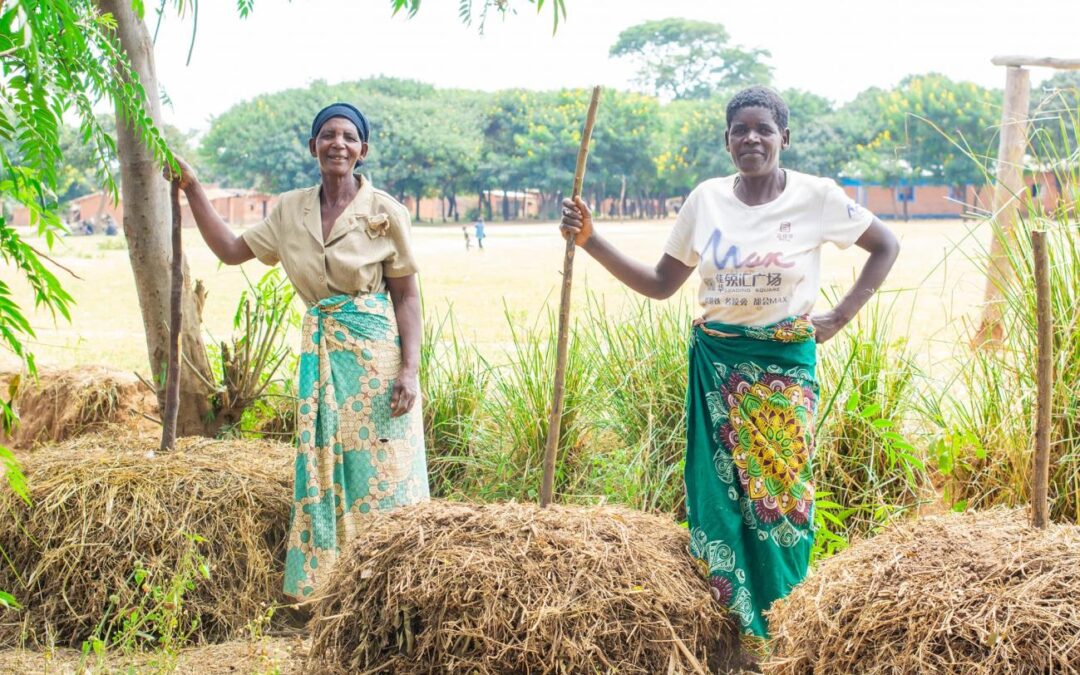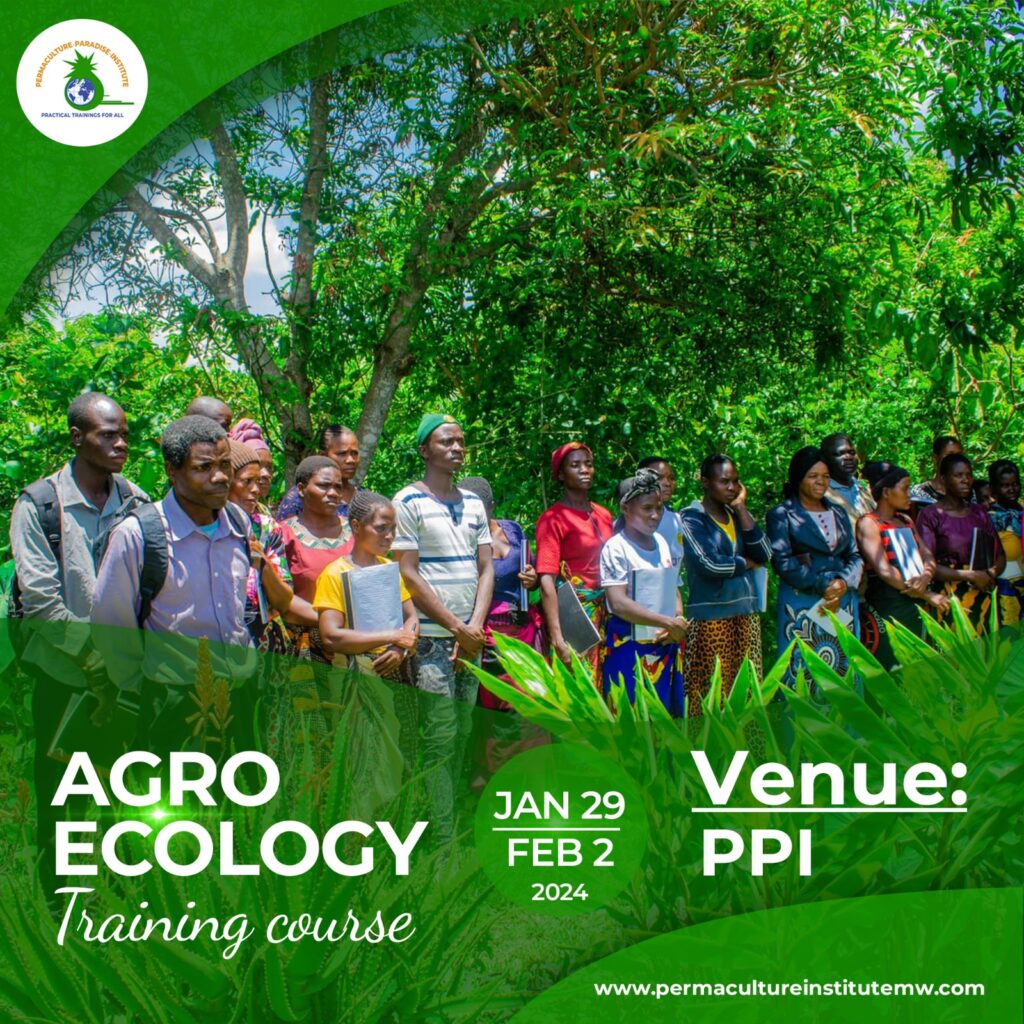On May 5th, 2023, Permaculture Paradise Institute embarked on a transformative journey to visit farmers in the Chikapa, Mdoka, Malajira, Matewere 1 & 2 Traditional Authority Chikowi areas of Zomba, southern Malawi. The objective was to witness firsthand how these farmers were utilizing their fields and homesteads to grow a diverse range of food crops, addressing critical challenges such as hunger, malnutrition, poverty, and climate change. Following comprehensive training, the farmers were equipped with tools and resources as a starter pack, while emphasizing short-term crops to ensure their initial success.
Additionally,
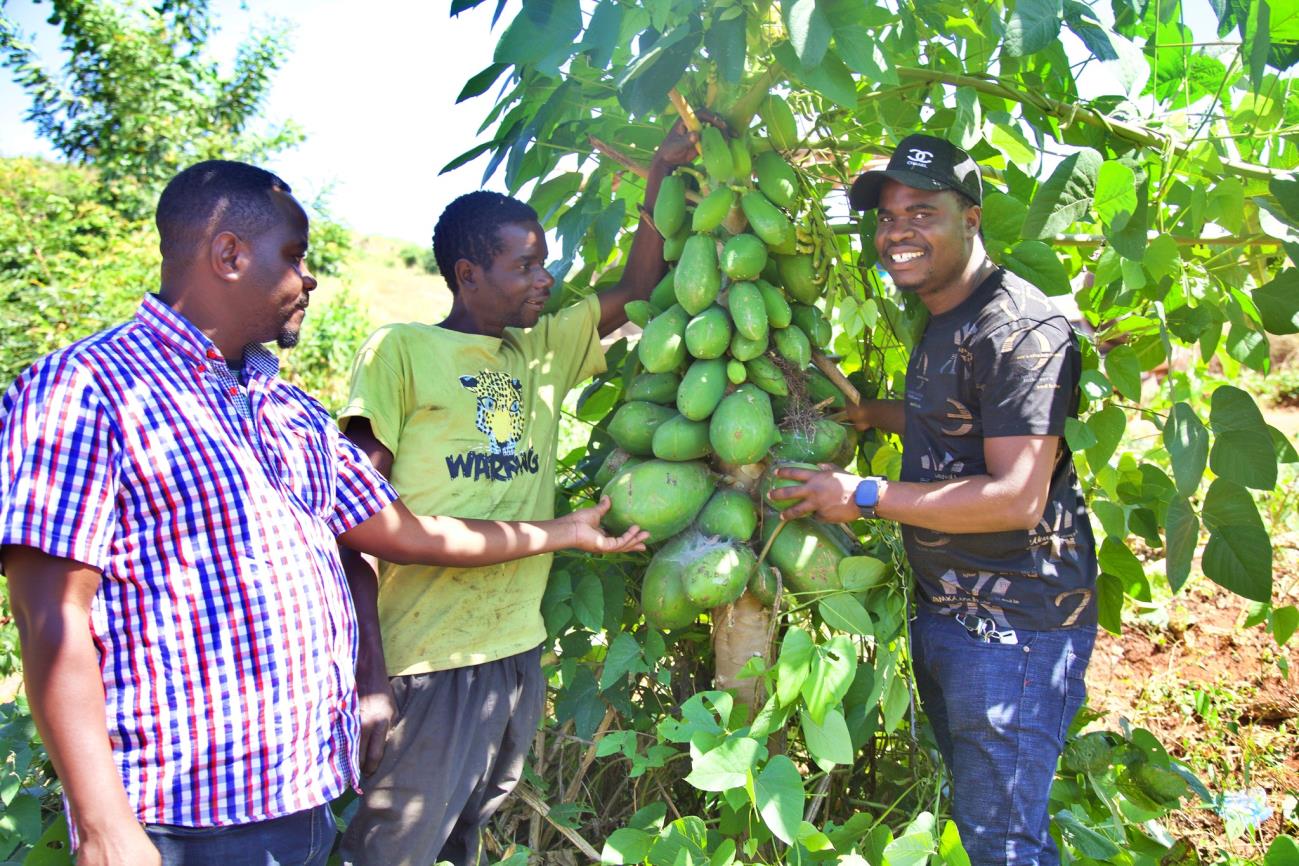
- Target reach so far 55%
- Success rate 85%
- Drop outs 15%
Additionally, Permaculture Paradise Institute announced the opening of camping facilities, lodging, organic food for residents and exquisite photoshoot place for newly weds providing a resting place for travelers passing through Zambia.
Among the exciting developments reported by Imagin Afrika were the efforts of the newly trained farmers in establishing food forests. These farmers are part of the larger Food Forest Project, which aims to empower 10,000 farmers. Their diligent work includes making compost and erecting fences to support the establishment of food forests, which not only maximize land use but also contribute to environmental sustainability. The project showcases the potential for sustainable agriculture practices that harmonize with nature and benefit local communities.
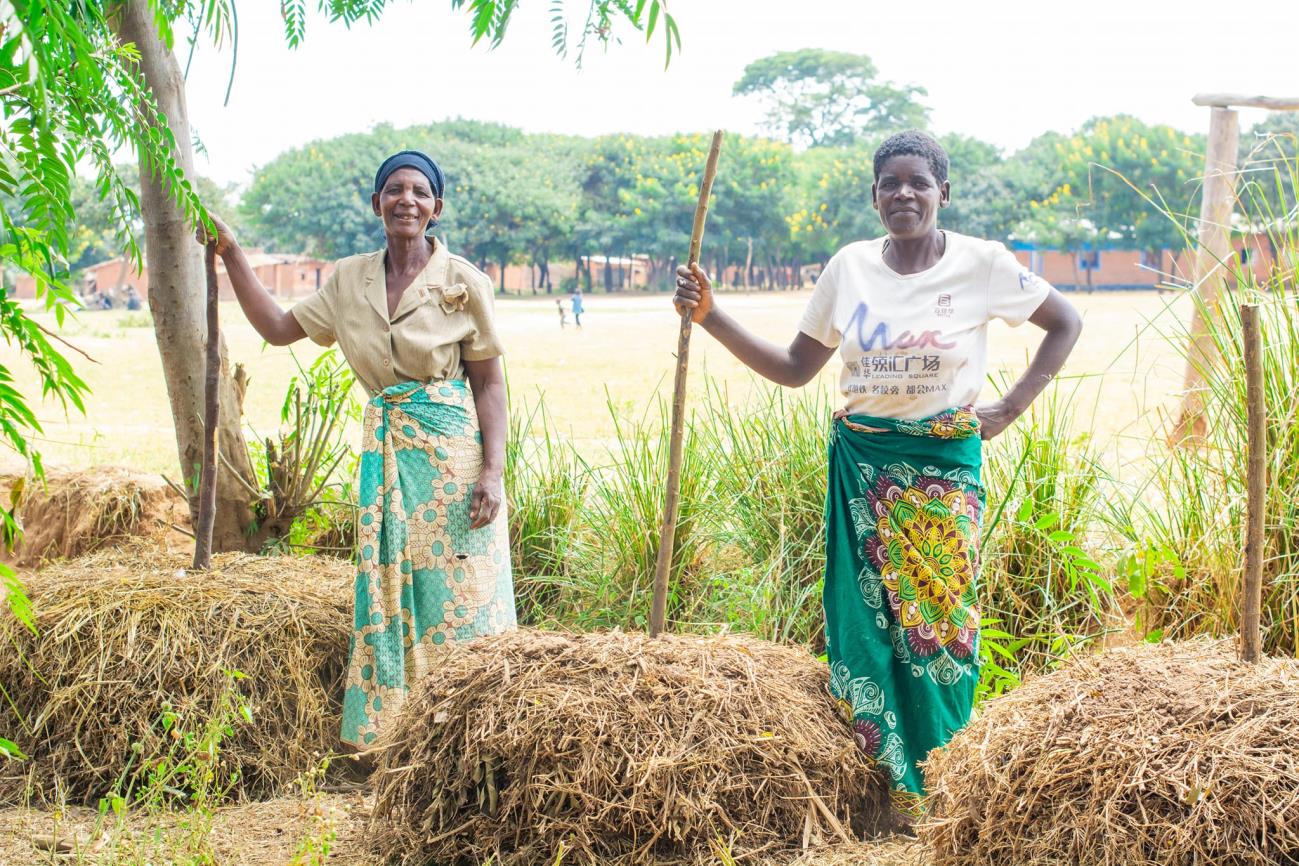
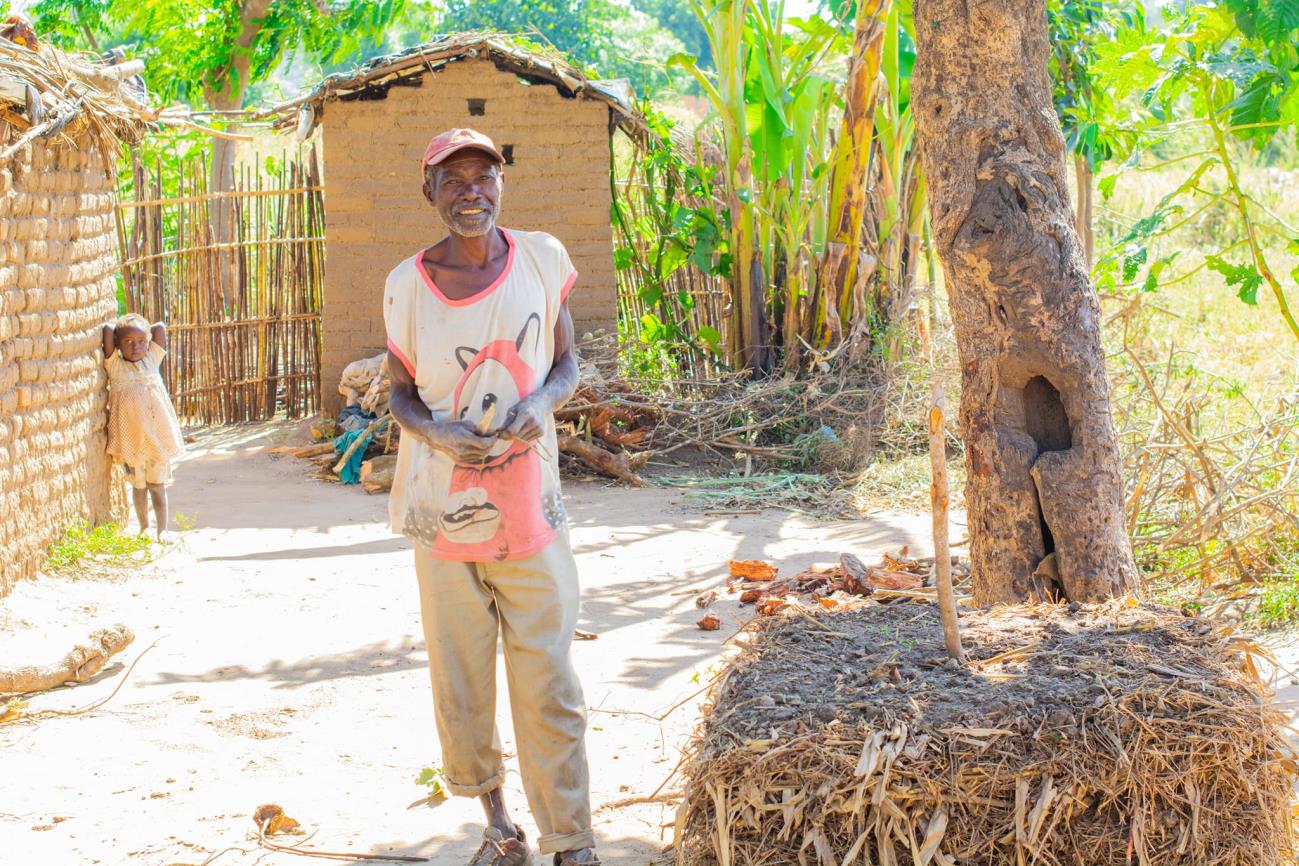
Expanding the Initiative: In Mchinji district, the Mtenthera Farmers Club has embraced the training and actively engaged in composting to enhance soil health. This club, together with other trained farmers, is set to celebrate the establishment of food forests by 11,500 individuals in the near future. The growth and progress of the food forest project will be shared with the public, underscoring the transformative impact of sustainable farming practices in Malawi.
Diversifying Staples: One significant achievement resulting from the training is the cultivation of organic rice by farmers in Mchinji. This diversification of staple crops is a crucial step toward ensuring food security and reducing reliance on maize, which has traditionally been the primary food source. By venturing into rice cultivation, the farmers not only enhance their own nutrition but also generate income through the sale of this valuable crop. What began with 20 kilograms of rice seeds provided to 20 lead farmers has now expanded to over 4,000 farmers benefiting from this initiative.
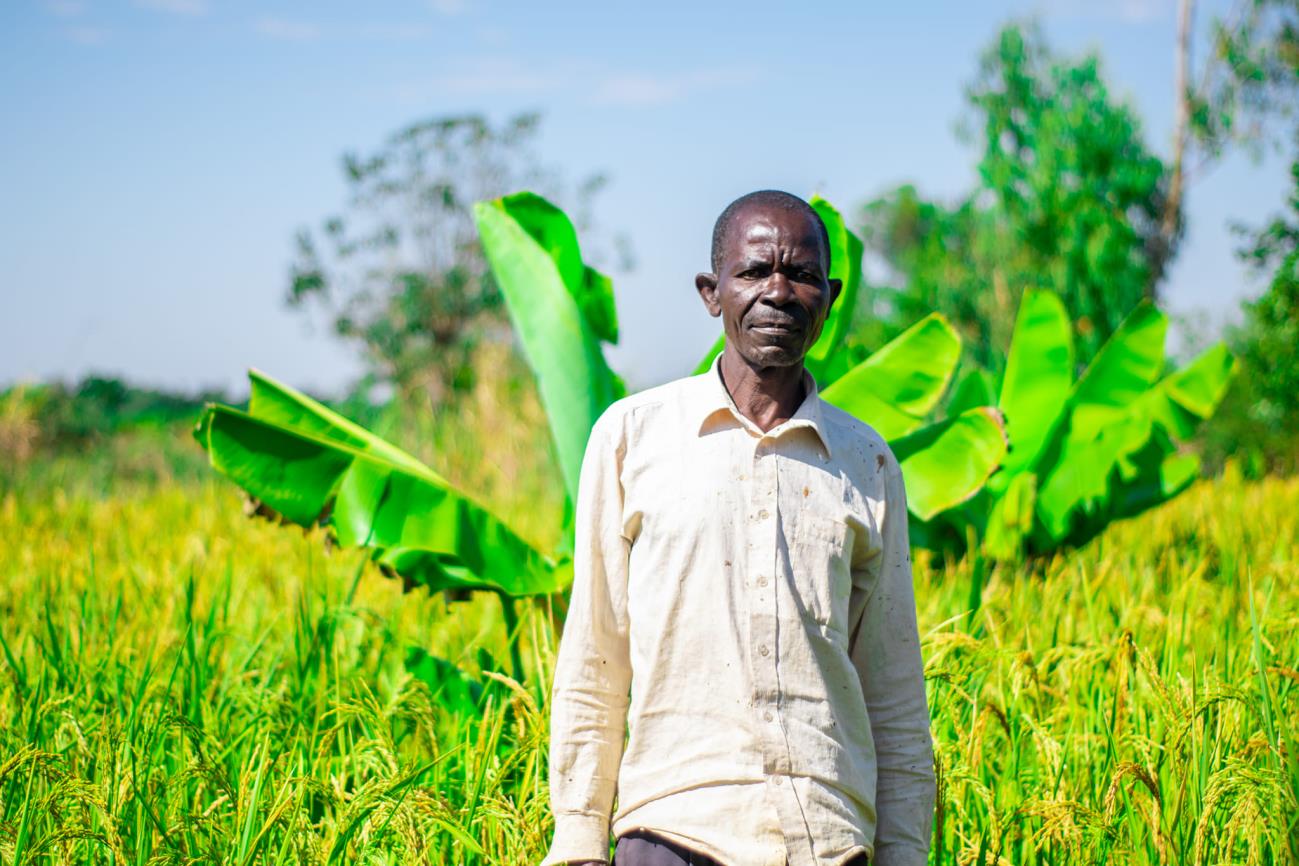
In conclusion, the efforts of Imagin Afrika in collaboration with the farmers of Malawi are praiseworthy, as they strive to address pressing challenges such as hunger, malnutrition, and poverty through sustainable agriculture practices. By empowering farmers with knowledge, resources, and support, the initiative is transforming communities and enabling them to harness their land’s potential while adapting to a changing climate. The establishment of food forests, cultivation of diverse crops, and the upcoming rice harvest exemplify the positive impact of such endeavors. As the journey continues, Imagin Afrika and its partners aim to inspire others and contribute to the sustainable development of agriculture across the region.

